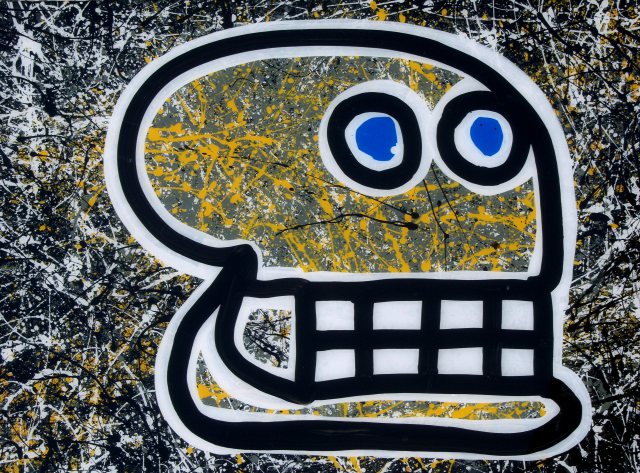My beloved aunt died of cancer last week. We knew it was going to happen soon. She discontinued her treatments a few weeks ago because they were ineffective. I guess that was what we call "the beginning of the end." I was, however, lucky enough to see her during that time. She was heavily medicated for the pain. I'm not sure she knew I was there. But she did open her eyes and say "okay" after I kissed her on the cheek and told her I loved her and would be seeing her later.
When later? I don't know. Not later this life, that's for certain. But maybe later some other life. Even if our beliefs of an afterlife differ, she said "okay," so I'm calling it a date.
I've long given up thinking of death as a tragedy, though I often feel some are worse than others because of the timing. They were so young, or they were really on a roll, or they had so much potential -- it was a shame they didn't get the chance to follow through. Intellectually, I know this is ridiculous, that applying any sliding scale to the idea of death is a delusion. None are worse than others. Regardless of when or how we die, our final breath is as much a part of what we call "life" as our first was, and as such, deserves to be viewed with the same awe and joy. It's just hard to remember to view it that way when we are one of those being left behind as a witness to it. This is because every other death we experience is not only a clear termination of a relationship with that person, but also a tangible reminder of what we've got coming as well.
We fear death because it is one of the few times we know we will come face to face with a true mystery. It terrifies many of us to accept the fact that we will not be allowed to sit back and observe our final moment, but rather, be forced to take part, required to be active participants in the least understood event of the only life we know.
It is believed that human beings are the only animals on the planet to have a true grasp of their mortality. We know that no matter how lucky we are, no matter how much money we have or how many vitamins we take, no matter how many lions we outrun --
We. Will. Eventually. Die.
And not only is this a certainty, but it is also a certainty that can happen at any time. It's not easy to stay positive with that kind of reality hanging over you.
So what can we do?
We can mourn. We can mourn the loss of a person with whom we will no longer create stories and memories. We can mourn the life we had before that was bolstered by their laughter and their love and their presence. We can mourn the end of our own fantasies of immortality.
And we can celebrate. We can celebrate our good fortune of having had that person in our lives. We can celebrate that person's own life -- the challenges they faced, the lessons they shared, the influences they had upon us. And we can celebrate our own lives still in progress -- the chances we have ahead of us to be the best people we can be -- the opportunities we still have to breathe deep and sing songs and fear death and tell those people who have made a difference in our lives that they have made a difference in our lives and that we love them.
And most importantly, we can honor those who have died before us by celebrating each moment of our miserable lives as a gift too precious to squander.
Do this consistently and with sincerity -- do this with hope and acceptance -- do this with trust and honesty --
And we will not be afraid.

The skull is a symbol of mortality. This is my painting of a skull. It is not scary.